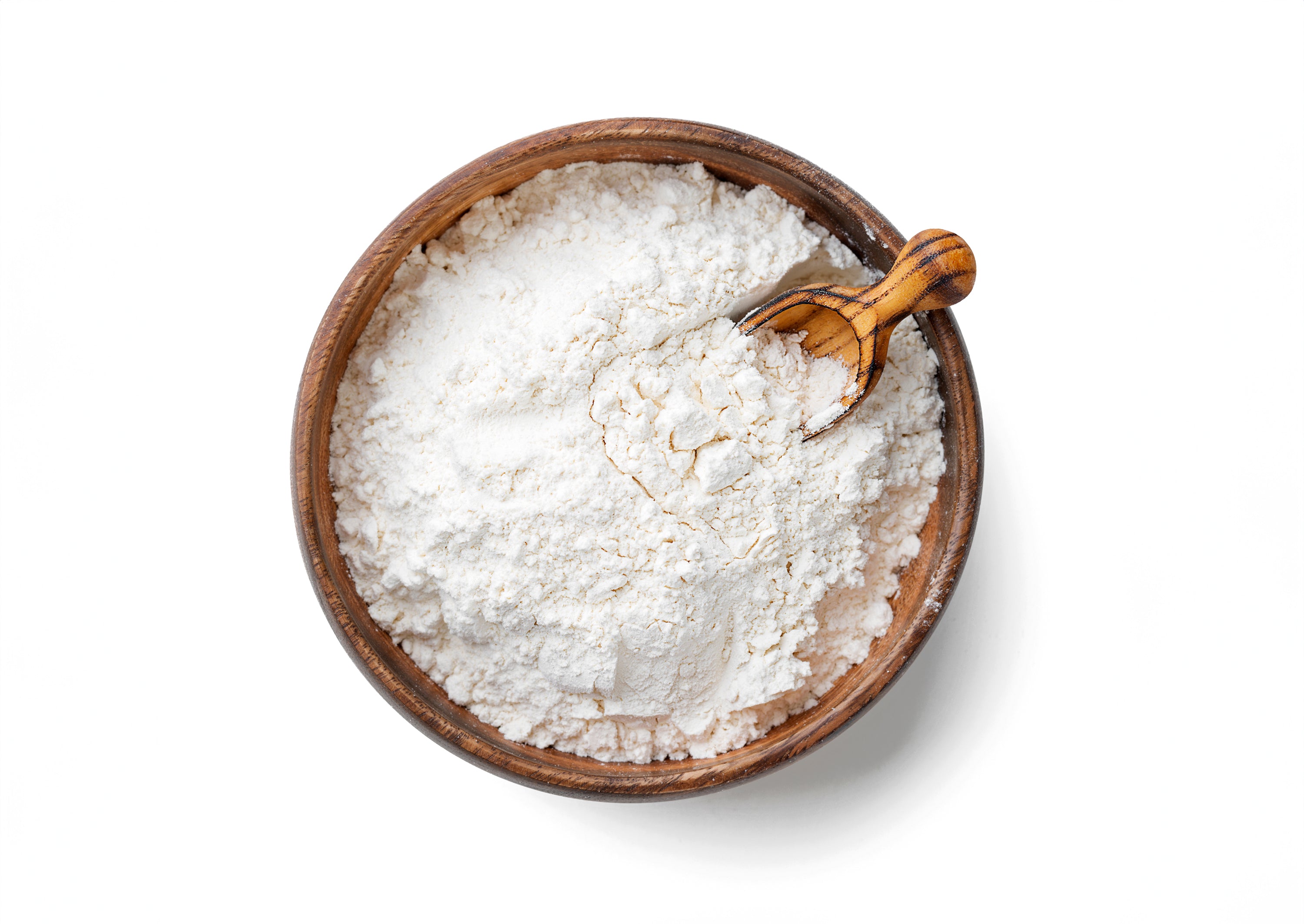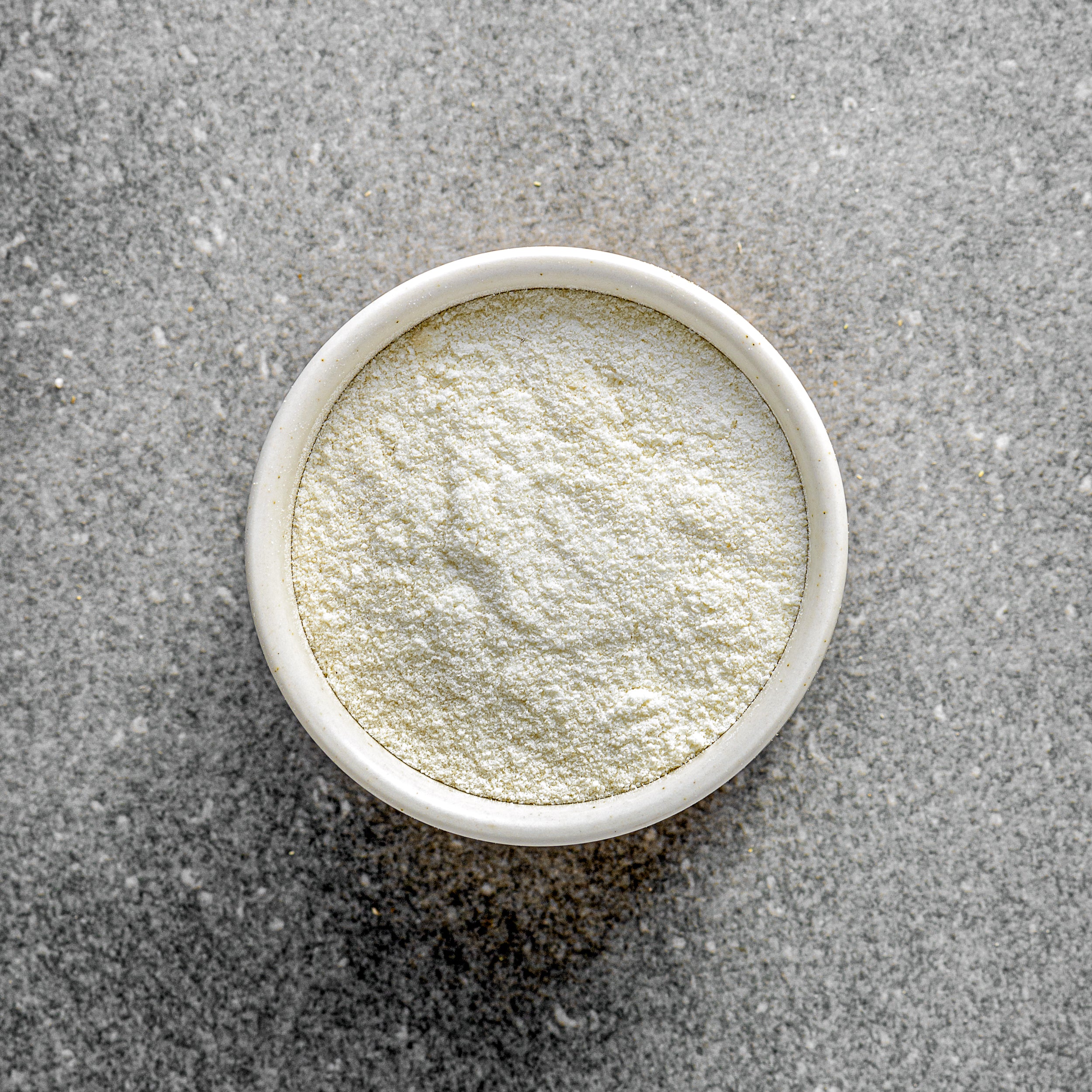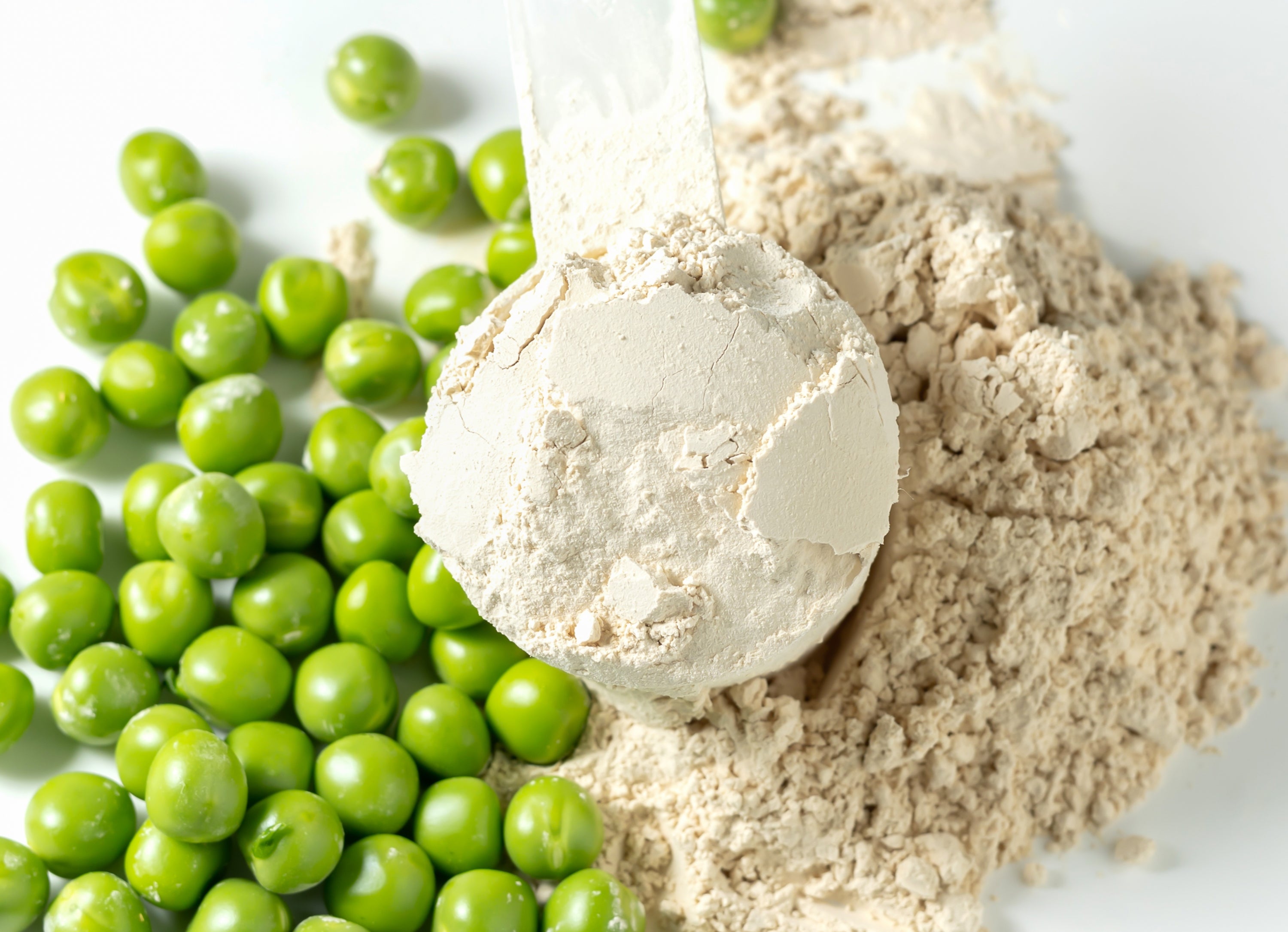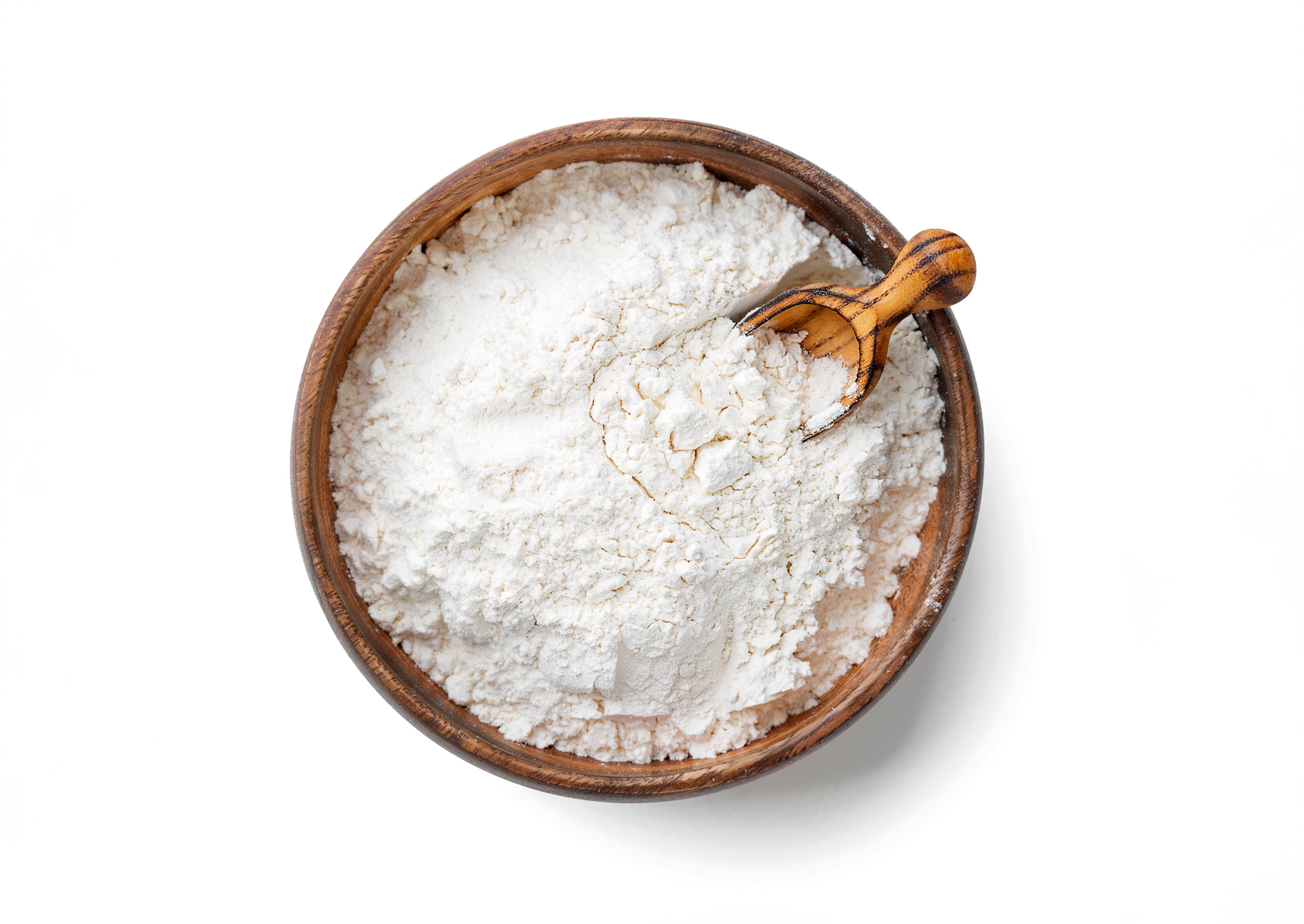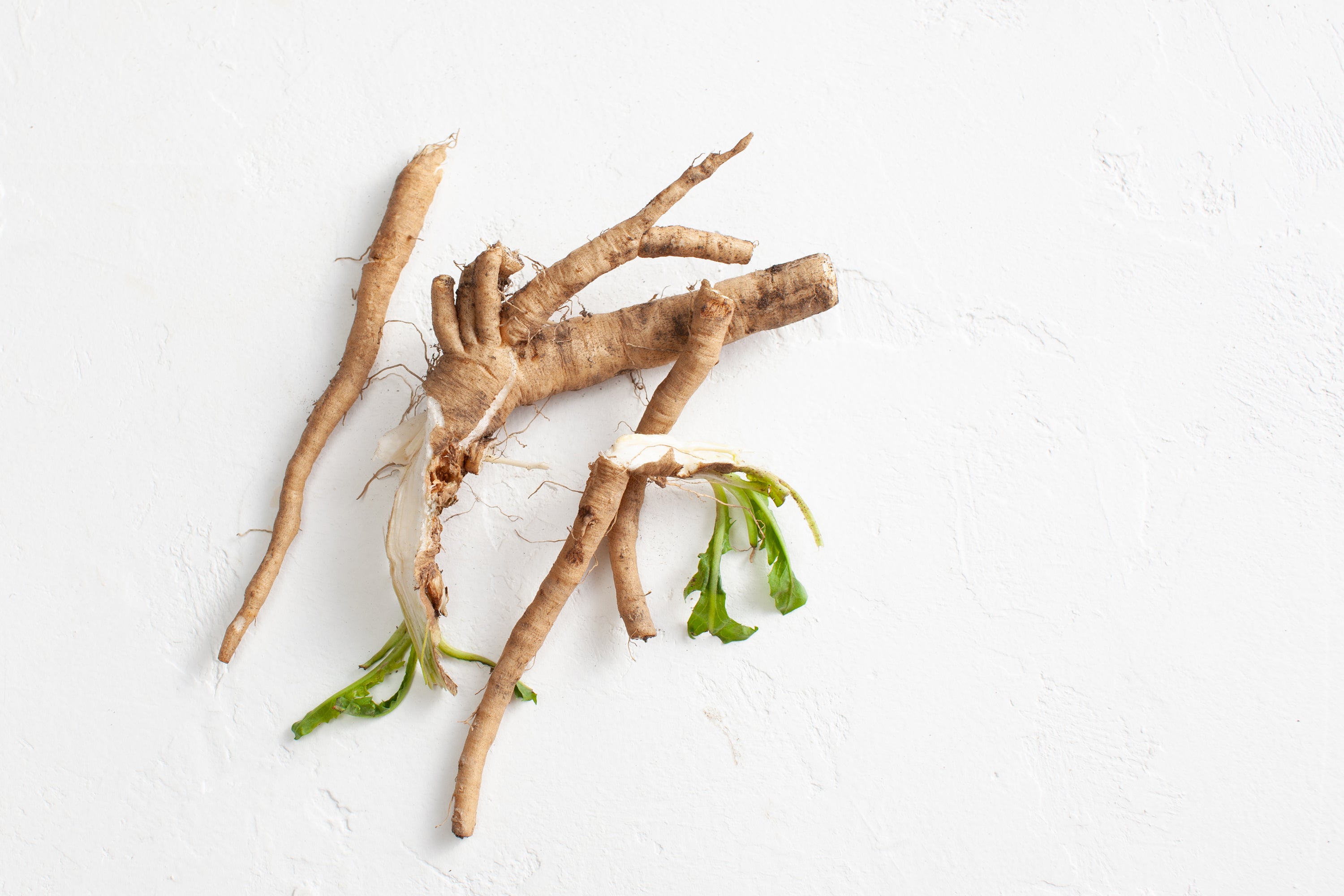Protein is a hot topic in health and wellness, with high-protein diets taking center stage in meal plans and fitness routines. But with so many options out there, it can be hard to decide which protein is right for you. Today, we’re focusing on rice protein, a plant-based alternative that’s as versatile as it is effective.
If you’re looking for a protein that’s hypoallergenic, easy to digest, and perfect for mixing with other plant-based proteins, rice protein could be your new go-to. Let’s dive into why this plant-powered protein is worth adding to your diet.
What Is Rice Protein?
Rice protein is derived from brown or white rice. Through a specialised process, the protein is extracted from the rice, leaving behind a powder that’s rich in amino acids and free from many common allergens like dairy, soy, and gluten.
On its own, rice protein is considered an “incomplete” protein because it’s low in lysine, one of the nine essential amino acids. However, when combined with complementary proteins like pea protein, it forms a complete amino acid profile. This makes it just as effective as traditional animal-based proteins but with added benefits.
Why Choose Rice Protein?
Rice protein offers a unique set of benefits, especially for those seeking plant-based or hypoallergenic options. Here’s what makes it stand out:
1. Hypoallergenic and Gentle
Unlike whey or soy protein, rice protein is free from common allergens, making it ideal for those with dietary sensitivities or allergies. Its gentle nature also makes it easier to digest, reducing the risk of bloating or discomfort.
2. Sustainability
Rice is a widely grown crop that requires fewer resources to produce compared to animal-based proteins. Choosing rice protein supports a more sustainable food system, making it an eco-friendly choice.
3. Versatility in Recipes
Rice protein’s mild flavor and smooth texture make it an excellent addition to a wide range of recipes. From smoothies to baked goods, it blends well without overpowering other ingredients.
4. Rich in Key Nutrients
While it’s primarily known for its protein content, rice protein also contains other important nutrients, including B vitamins and magnesium, which are essential for energy production and overall health.
5. Supports Muscle Growth and Recovery
Rice protein provides the building blocks needed for muscle repair and recovery. It’s particularly effective when combined with pea protein, as the two together offer a complete amino acid profile to support your fitness goals.
6. Satiety and Weight Management
Like other proteins, rice protein is effective at promoting satiety, helping you feel full and satisfied. This makes it a helpful addition to diets focused on weight management.
At Juspy, we combine rice protein with pea protein to deliver a complete amino acid profile in every serving. This eliminates the need for guesswork, so you can enjoy the full benefits of plant-based protein with ease.
The Bottom Line on Rice Protein
Rice protein may not be as well-known as whey or pea protein, but it’s a powerful, plant-based option that deserves a spot in your pantry. Hypoallergenic, eco-friendly, and versatile, it’s a fantastic choice for anyone looking to increase their protein intake without compromising on quality or sustainability.
When paired with pea protein, rice protein becomes a complete protein powerhouse, offering all the amino acids your body needs for optimal health. Whether you’re a fitness enthusiast or simply looking to enhance your diet, rice protein is a smart, nutritious choice.
